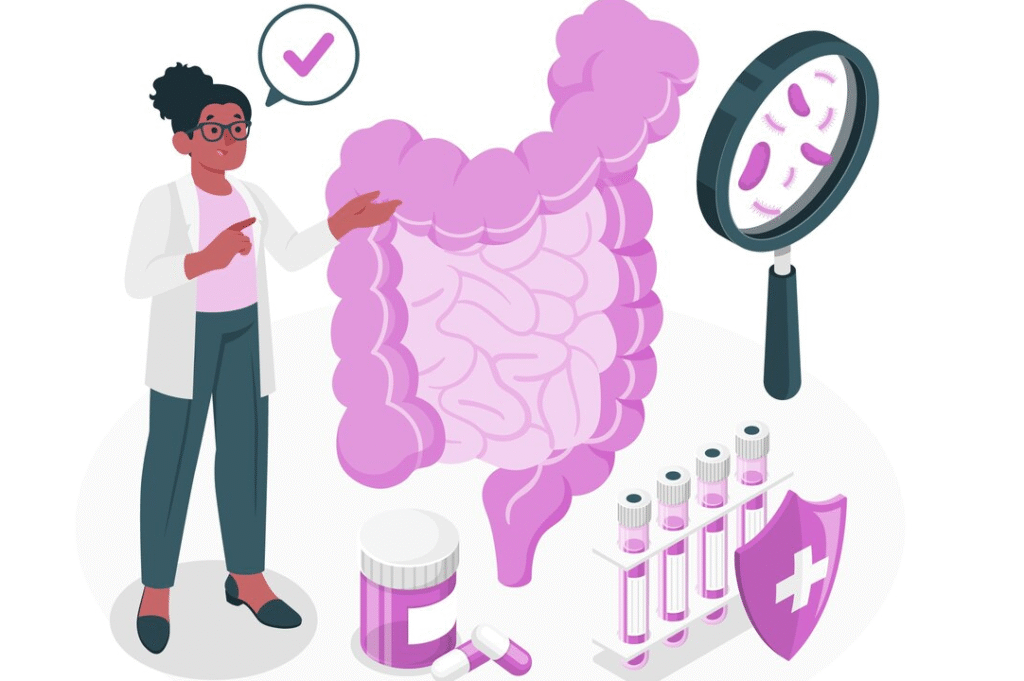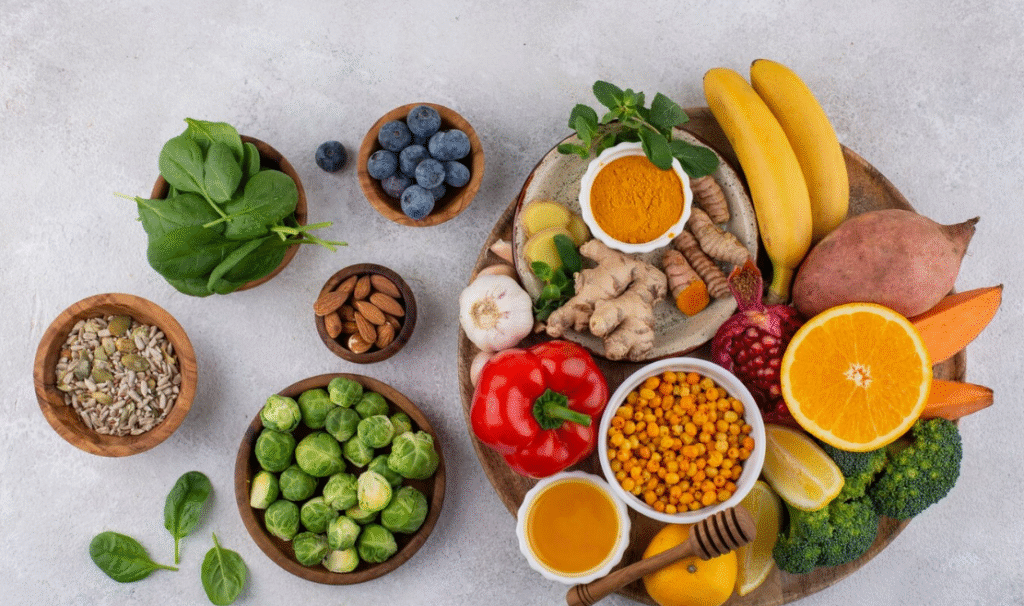For a healthy heart diet counts. Reducing blood pressure, decreasing cholesterol, losing body weight, and lowering blood sugar may assist in minimizing risk factors of heart disease by following a heart-healthy diet. A heart-healthy diet concentrates on lowering trans and saturated fats and raising good fats and fibre. Important parts are fruits, vegetables, whole grains, lean proteins, and unsaturated fats. For heart health, oily fish, almonds, and seeds are equally helpful.
Black Beans
Mild and soft black beans are full of nutrients that are good for your heart. Getting more folate, vitamins, and magnesium can help bring down blood pressure. Their fibre helps keep blood sugar and cholesterol levels in check. Soups and salads taste better when you add beans to them.
Salmon
This diet is rich in omega-3 fatty acids, hence it is a great option for preserving a good heart. Beneficial fats, omega-3 fatty acids have been found to somewhat lower blood pressure and lessen the risk of heart rhythm problems.
They also could lower inflammation and cholesterol. A weekly consumption of two meals of salmon or another type of oily fish is recommended by the American Heart Association.
A useful cooking tip is to bake salmon wrapped in foil with vegetables and herbs. Use any salmon that has been cooked to make fish tacos and salads.
Fresh Herbs
Choosing to incorporate these herbs which include: garlic, coriander, cinnamon, turmeric into foods rather than salt and fat is a decision that is beneficial to the cardiovascular system. They impart flavor without the use of additives. In addition to other foods, spices are a delightful way to eat in a heart-healthy manner.
Olive Oil
Olive oil is a nutritious fat that is produced by crushing olives. It contains a high concentration of antioxidants, which are beneficial to the heart. They might protect the blood vessels in your body. When used in place of saturated fats like butter, olive oil has the potential to result in a reduction in cholesterol levels. You can try it on bread, salads, and vegetables that have been cooked.
Tips for the taste: If you want the greatest flavour, seek for cold-pressed and utilise it within six months after purchasing it.
Walnuts
Consuming a small handful of walnuts on a daily basis may help reduce cholesterol levels. It is also possible that it will guard against inflammation in the arteries of your heart. Walnuts are an excellent source of omega-3 fatty acids, monounsaturated fats, an important type of healthy fat, plant sterols, and fibre. The advantages arise when walnuts are used in place of unhealthy fats, such as those found in cookies and chips.
Use walnut oil in salad dressings, as a helpful hint.
Almonds
Slivered almonds are a delicious complement to a variety of foods, including vegetables, fish, chicken, and deserted drinks. They contain plant sterols, fibre, and lipids that are beneficial to the heart. It’s possible that almonds can help reduce “bad” LDL cholesterol. Take a little handful of it every day.
Toasting them will enhance their creamy and mild flavour, so keep that in mind.
Tofu
You can get a lot of heart-healthy minerals, fibre, and polyunsaturated fats from tofu. It’s also a great way to get veggie soy protein. The spices or sauces you use to cook it can change the way it tastes.
Conclusion
Limiting saturated and trans fats, sodium, and added sweets, a heart-healthy diet stresses fruits, vegetables, whole grains, lean meats, and healthy fats. Giving these foods first priority will help to greatly lower the risk of cardiovascular disease and support general heart function.


